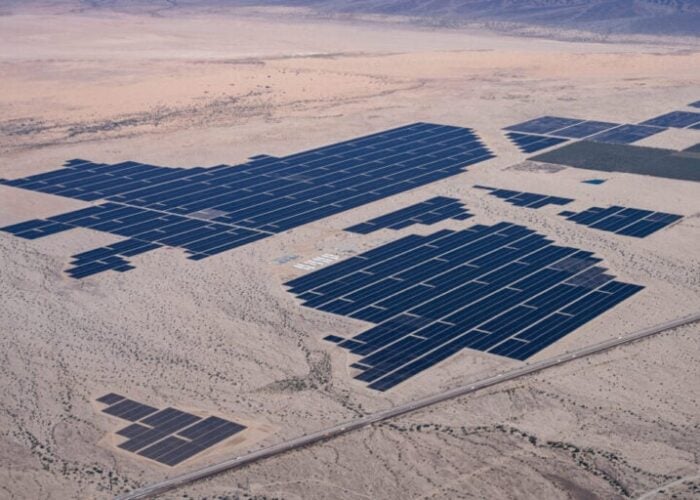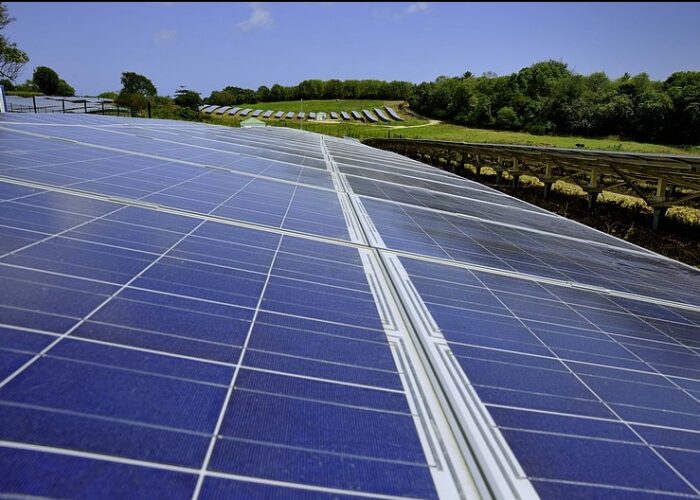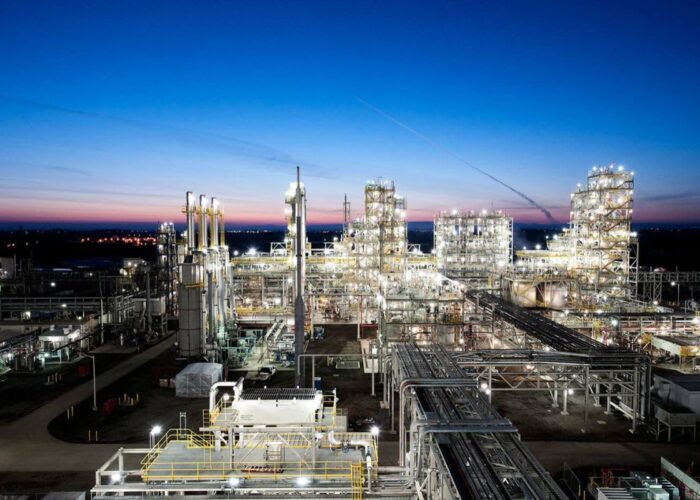
The creation of a new hundred-million-dollar US solar innovation programme is to face delays, with the broader act paralysed as senators clash over the limits of committee jurisdiction.
A row over individual amendments saw lawmakers at the US Senate Committee on Energy and Natural Resources vote 47 to 44 this week against the American Energy Innovation Act (AEIA), a sprawling 53-bill package including proposals to set up a new solar research scheme.
Unlock unlimited access for 12 whole months of distinctive global analysis
Photovoltaics International is now included.
- Regular insight and analysis of the industry’s biggest developments
- In-depth interviews with the industry’s leading figures
- Unlimited digital access to the PV Tech Power journal catalogue
- Unlimited digital access to the Photovoltaics International journal catalogue
- Access to more than 1,000 technical papers
- Discounts on Solar Media’s portfolio of events, in-person and virtual
Contacted by PV Tech, a well-placed source said senators had no qualms over the substance of AEIA, jointly proposed last month by the committee’s Republican chair Lisa Murkowski and Democrat Joe Manchin. The committee had, the source noted, supported all 53 bills individually in the past year.
However, when all 53 were considered as a whole this week, a row broke out after some senators asked to vote on a specific amendment on hydrofluorocarbons (HFCs). The US Senate’s Environment committee – which holds jurisdiction over the HFCs proposals – refused to allow their inclusion in the Energy committee package, prompting some to vote down the entire act.
The rejection sets the scene for months of delays for the AEIA’s Solar Energy Technology Program, proposed alongside similar schemes for wind, geothermal, hydro power and others.
As proposed under the law, the Solar Program is designed to support areas including PV hybrids and solar manufacturing via grants, competitions and demonstration facilities. The activities would be funded through US$270 million allocated every year from 2021 to 2025.
Campaign to revive AEIA as Trump targets R&D funding
According to the US Senate source, talks are already underway behind the scenes to try and strike a new compromise on the HFC dispute, in a bid to free the entire AEIA package from paralysis. “[AEIA’s sponsors] are still trying but there’s not a concrete timeline on what that looks like yet,” they said.
However, the source noted, those pushing to put the act back on the legislative agenda will need the support of Senate majority leader Mitch McConnell. If McConnell does not agree to grant AEIA more time on the floor, its adoption could ultimately be delayed until 2021, the source said.
The hold-up of new US solar research programmes comes as pre-existing funding schemes are targeted by the Donald Trump’s administration.
The federal budget proposals unveiled by the president last month would halve financial support to energy research, in the process eliminating schemes the government believes are “costly, wasteful, or duplicative”, such as ARPA-E.
Despite the clampdown on future funding, the US Department of Energy has continued to launch rounds of solar R&D support – including a US$125.5 package last month – under its Office of Energy Efficiency and Renewable Energy (EERE). However, congressional Democrats have claimed already allocated EERE budget is being held back by the administration.
The controversy is one of many pitting Trump’s administration against green energy interests. The government has been accused of setting obstacles to solar through the adoption of Chinese import tariffs, while the Trump-appointed heads of federal energy regulator FERC have been urged not to “pad fossil fuel profits” by upholding certain state-level capacity market rules.







